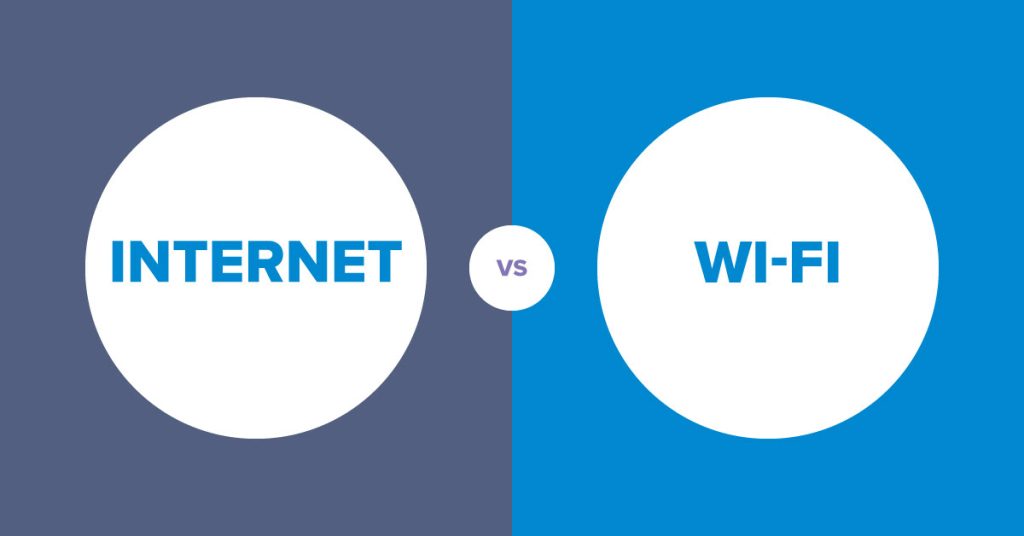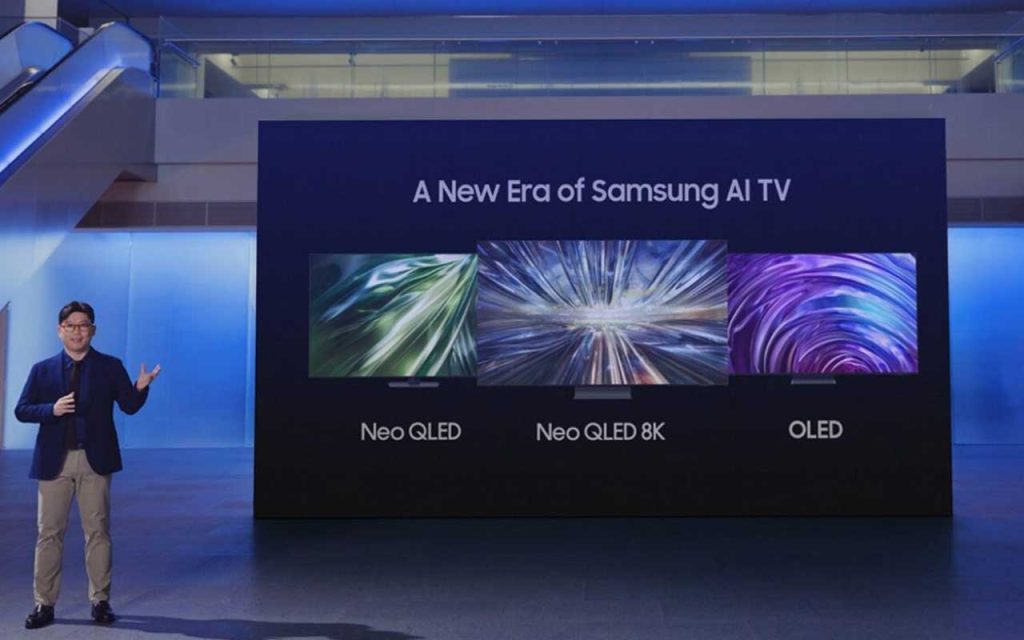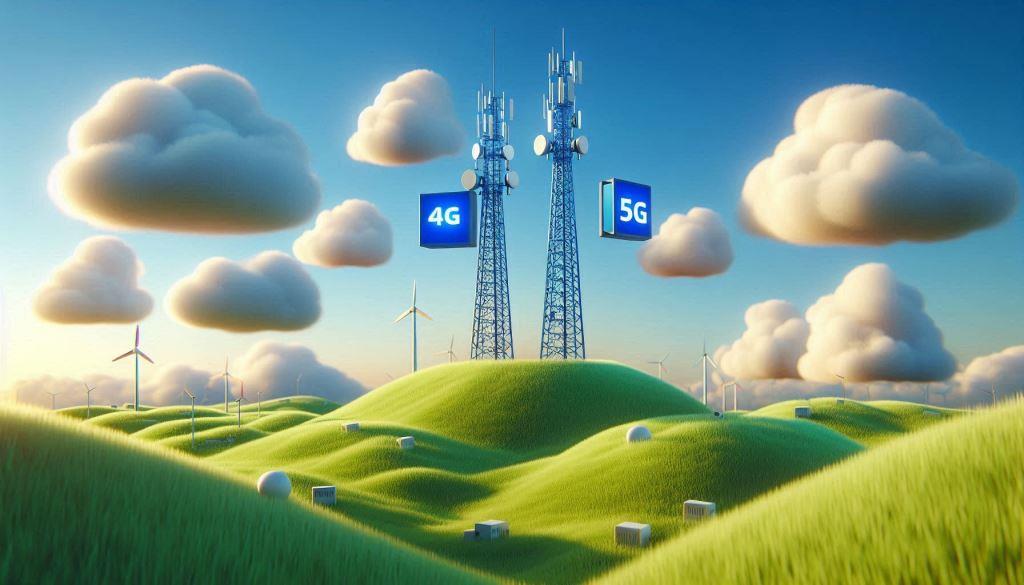Protecting Your Child in the Digital Space: A Parent’s Guide

In today’s digital age, our children are growing up in a world that’s vastly different from the one we knew. The internet is an incredible resource, offering endless opportunities for learning, creativity, and connection. However, it also presents new challenges and risks that parents need to navigate. As digital guardians, it’s crucial to understand how […]
New and Easy Wireless File Sharing for Windows and Android

Microsoft has introduced a convenient way to share files wirelessly between Windows PCs and Android devices. This feature eliminates the need for a USB cable, making it easier to transfer files between devices. Requirements To use this feature, you’ll need: – A Windows PC running Windows 10 (May 2019 update or later) or Windows 11 […]
Take Control of Your Facebook Feed

Are you tired of seeing irrelevant content on your Facebook feed? Do you want to see more posts from friends and pages you care about? Here’s a step-by-step guide to help you customize your facebook feed and make it more enjoyable. Step 1: Declutter Your Feed – Snooze or unfollow people, pages, and groups that […]
Wi-Fi vs Internet: Understanding the Difference

In the realm of digital connectivity, two terms reign supreme: Wi-Fi and Internet. But, despite their ubiquity, many of us remain unclear about what they actually mean. Let’s explore the differences and why they matter. Wi-Fi: The Wireless Wizard – A technology for wireless communication over a local network – Allows devices to connect without […]
A Guide to Cloud Storage Security

Imagine a magic vault where you can stash all your favorite photos, documents, and videos. Sounds cool, right? That’s basically what cloud storage is – a secure online space to store your digital treasures. But, just like a real vault, you want to make sure it’s locked tight and only you have the key. That’s […]
Samsung Unveils 2024 Television Lineup, Showcasing Cutting-Edge AI-Driven Technology

Samsung Electronics has announced the launch of its highly anticipated 2024 television lineup, featuring the latest Neo QLED 8K and 4K models, as well as OLED TVs. This new lineup represents a significant advancement in home entertainment, incorporating sophisticated AI-driven technology designed to elevate the viewing experience. At the forefront of this lineup is the […]
The Evolution of Mobile Networks: 4G vs 5G

The world of mobile networks has come a long way since the introduction of 4G. With the advent of 5G, businesses and individuals can expect faster speeds, lower latency, and greater connectivity. But what exactly sets 5G apart from its predecessor? Key Differences between 4G and 5G – Speed: 5G is significantly faster than […]
The Importance of IT Support for Businesses

IT support is vital for businesses, as it ensures the smooth operation of technology and systems. By having reliable IT support, businesses can: – Minimize downtime and productivity loss – Protect against cyber threats and data breaches – Improve efficiency and productivity – Stay ahead of technology advancements Consider the following IT support services: – […]

